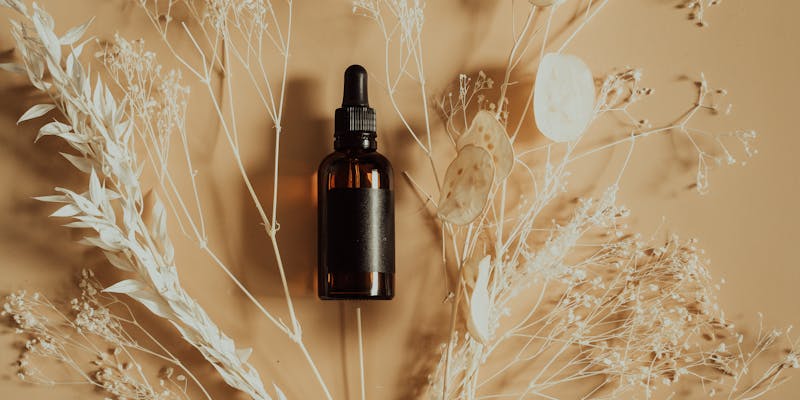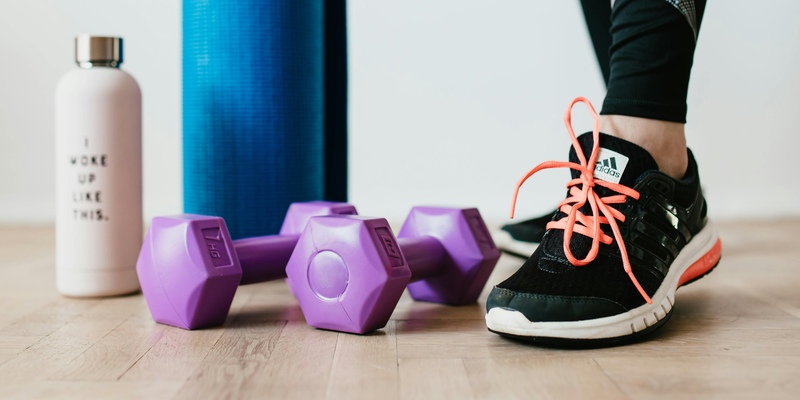Sunlight can be good and bad for us. There are three types of ultraviolet radiation: UVA, UVB, and UVC. Despite our gratitude for the sun's rays, they have drawbacks. Unprotected UV rays from the sun can accelerate skin aging and cause cancer. Around 90% of skin exposure is caused by this light.
People are most often exposed to UVA radiation from the sun. UVB rays are more powerful and constitute a smaller portion of sun exposure. Cancer-causing ultraviolet C rays are the worst. The good news is that UVC rays won't harm us. The solar system's ozone layer absorbs these rays.
UV light may penetrate skin despite being invisible. The epidermis covers the skin, while the dermis is the top layer. Your dermis contains nerves and arteries. Only epidermal cells contain pure melanin, a pigment or dye. Melanin is more common in darker-skinned people, which is why fair-skinned people burn easily. Due to this, many have started to use the best skincare for sun damage. To reduce the effects of sun rays, here are 5 things you can do.
Take A Refreshing Shower
There's nothing like sunbathing at a beach, pool, or garden. Some find that getting covered in sand, salt, and chlorine is too much of a drawback. Innocuous items may cause toxic dry skin. Your best remedy for dry air is a cold shower. Hot showers reduce core body temperature and rinse off dirt, salt, and pollutants, which may induce bliss. There is no other way to get clean, healthy, soft skin.
Next, reapply sunscreen and other best skincare for sun-damaged skin after washing. Protect your skin from UV radiation with sunscreen. Even if you spend hours outside, get fresh sunscreen to protect your skin from the sun and other environmental risks. Showering has several known health advantages, but that's not all: it may help you unwind and recharge. Because it provides a respite from the day to regenerate your body and mind, it is an ideal relaxing method after all those active outdoor pursuits.

Always Exfoliate
After sun exposure, your skin may feel dry and scratchy. Skin needs regular exfoliation to stay soft. Use an exfoliator alongside other best skincare for sun damaged skin. Manual and chemical exfoliants are widespread. The harshness of physical exfoliants may strip skin, while chemical exfoliants are gentler. AHA is a great chemical exfoliator. Natural compounds gently exfoliate dead skin without aggravating it.
Exfoliating after sun exposure can improve skin health. Gentle care is essential because prolonged sun exposure can dry and roughened skin. AHAs can break the connections between dead skin cells. Displaying the new skin underneath may help achieve a cleaner, more even complexion.
Additional benefits of frequent AHA exfoliation include lessening the visibility of dark spots. No skin care regimen is complete without it, as it is the best skincare for sun damaged skin. Sunscreen, applied throughout the day, protects the skin's freshly exposed layers from the sun's damaging ultraviolet radiation; a good moisturizer keeps the skin supple.
Always Cleanse
Proper facial hygiene requires regular cleansing, the best skincare for sun damaged skin. It starts skin care regimens. After washing and drying, the skin can better absorb beneficial ingredients. Skin issues may worsen if you don't wash your face often since dirt and oil block your pores.
Pick a cleanser that suits your skin type for optimal results. Instead of soap, use a cleaning balm or lotion for delicate facial skin. These solutions wash without depriving the skin of natural oils, which every skin type needs. Mild face washes may assist even the most robust skin. Most important is finding a cleanser that eliminates makeup and dirt without irritating skin.
Wash with gentle soap or shower gel after a long day. This best skincare for sun damage will cleanse your skin without eliminating its oils and is ready for moisturization. Remember that cleaning goes beyond washing away dirt and grime. Take this extra step to prepare your skin for skincare sun products. Cleansing improves treatment, serum, and moisturizer efficacy.
Scrub Your Lips
Lip moisturization is just as important as skin moisturization with sunscreen. Like any other body part, UV radiation can damage our lips. After a day in the sun, a simple routine will keep your lips soft and healthy.
Lip exfoliation begins gently. Gentle exfoliation precedes moisturization. The exfoliation will improve your lips and moisturizer. When you're done exercising, apply a high-quality lip moisturizer. The goal of a lip balm is to prevent dryness and peeling by moisturizing and nourishing the lips. Sunburned lips are a typical issue; this product's recipe is designed to alleviate that.
Incorporate these measures into your skincare sun program to stave against dryness, chapping, and unwanted, unhealthy lip conditions. Never forget that your lips are just as vulnerable to UV damage as your skin and that using the correct skin care products included as the best skincare for sun damage may make protecting them easier.

Counter Free-radicals
Exposure is only the beginning; sun protection is just the beginning. Sunlight may unleash free radicals onto our skin, creating wrinkles and discoloration. Plus, if you are prepared for these possible cons, it could be rather easy. Once you've been in the sun, this simple method will moisturize and protect your skin.
Add antioxidant-rich skincare sun products to your regimen as a first step. Antagonists' capacity to neutralize free radicals and avert or mitigate skin damage makes them a boon to the skin. A toner, serum, or moisturizer high in antioxidants should be chosen. These are known as the best skincare for sun damage, and they help protect skin from free radicals, which may cause it to lose its shine and health.
Antioxidants are often found in green or white tea cosmetics. Teas reduce inflammation and prevent skin aging, among other advantages. Antioxidant and vitamin-rich sea buckthorn may help skin heal and regenerate. Collagen and skin lightening also need vitamin C, an antioxidant. After sun exposure, a quick vitamin C serum may prevent UV damage and hasten aging. Vitamin E fights free radicals like water, keeping skin healthy.







